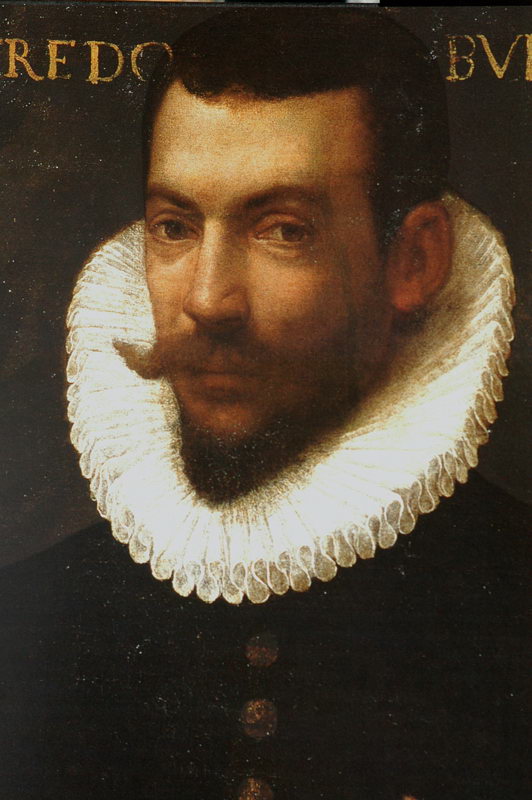Torquato Tasso, connu en français sous l'appellation Le Tasse , est un poète italien, né le 11 mars 1544 à Sorrente , mort le 25 avril 1595 à Rome passé à la postérité pour son épopée, La Gerusalemme liberata , poème épique où il dépeint, à la manière des romans de chevalerie, les combats qui opposèrent les chrétiens aux musulmans à la fin de la Première croisade, au cours du siège de Jérusalem. Souffrant depuis ses 30 ans de maladie mentale, il mourut alors que le pape allait le couronner « roi des poètes ». Jusqu'au début du XIXe siècle, Le Tasse fut l'un des poètes les plus lus en Europe : Jean-Jacques Rousseau fut un de ses admirateurs ; il aimait lire et relire Le Tasse, dont il cite un vers dans Les Rêveries du promeneur solitaire. Auguste Comte en fit le représentant de la littérature épique moderne dans son calendrier positiviste, et Simone Weil voyait dans la « Jérusalem délivrée » l'une des plus hautes expressions de l'espérance chrétienne.
Wikipedia
✵
11. mars 1544 – 25. avril 1595
